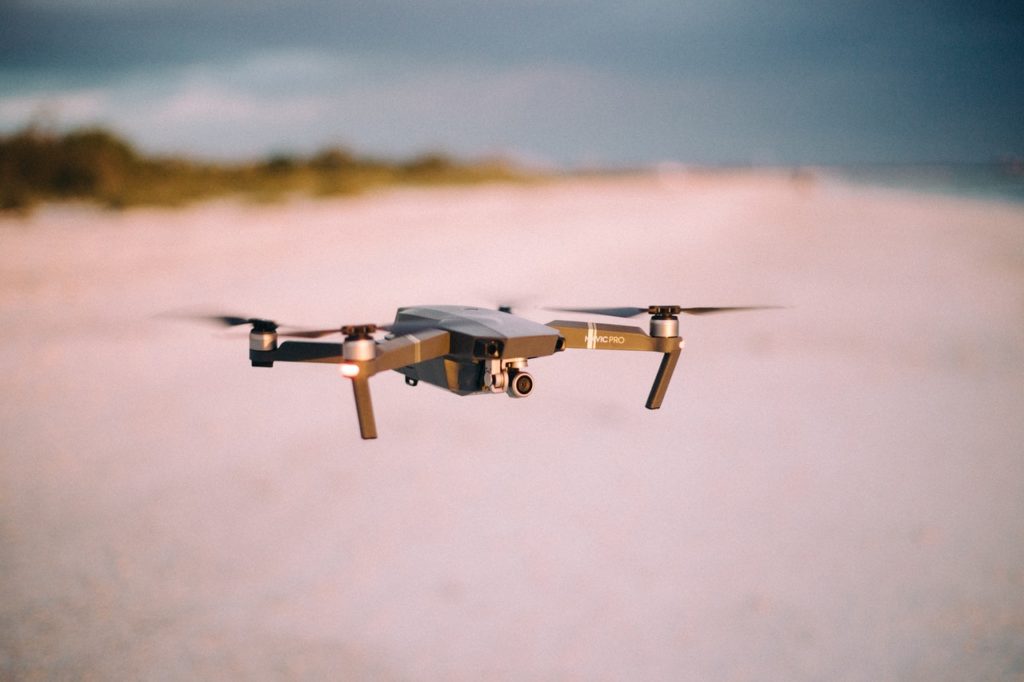As the British Columbia government moves closer towards fully reopening its economy, businesses and other organizations are looking at their own practices and examining what risks they bear if a customer contracts COVID-19 at their operation.
To alleviate some of this concern for amateur sports organizations and their stakeholders, the provincial government has passed a ministerial order protecting and absolving such entities from damages resulting directly or indirectly from COVID-19 related damages, as long as the organizations are abiding by public health orders and provincial sport guidelines. This ministerial order was issued in efforts to encourage such organizations to reopen.
Ministerial Order No. 183 (the “Order”) Protecting Sport Organizations from COVID-19 Related Liabilities
Under the June 10, 2020 Order, sports organizations and their representatives will be eligible for legal liability protection, as long as they are operating (or reasonably believe that they are operating) in accordance with all applicable emergency and public health guidelines. It is important to note that this protection does not extend to organizations and their representatives who are found to be grossly negligent.
So long as the organization follows all relevant guidelines, the sports organization and its representatives are provided protection, should someone contract COVID-19 during their participation in the organization’s activities and seek compensation. The Order and its protections remain in effect so long as the provincial state of emergency remains in effect.
What Are the Eligibility Requirements for BC Amateur Sport Organizations to Receive Protection Under the Order?
To be eligible for the protection under the Order, the organization must be considered a ‘sport organization’. This is defined as a non-profit society operating with a sporting purpose that adheres to the following definitions:
- disability sport organization: is responsible for the development of a disability sport or a group of disability sport disciplines;
- local sport organization: administers sport at a local level;
- multi-sport organization: leads or co-ordinates the delivery of services to other organizations; and
- provincial sport organization: is responsible for the regulation, governance and development of all areas and levels of a sport within the province.
To be eligible for protection under the Order, the organization must also abide by emergency and public health guidance standards with respect to COVID-19, which includes any of the following:
- An instruction or order of a health officer, as defined in the Public Health Act;
- Guidelines of the BC Centre for Disease Control;
- Guidelines of the Public Health Agency of Canada and public health officer of BC;
- Guidelines published on a website maintained by or on behalf of the government;
- Guidelines of a sport organization with respect to organizing, administering, facilitating or providing the organized sport activity; and
- Guidelines of the viaSport British Columbia Society relating to the return to sports.
Adopting these standards includes, but is not limited to, adopting protocols within the organization that encourage proper handwashing, regular disinfecting, physical distancing and the use of wellness questionnaires and health self-assessment tools. Eligibility under the Order suggests that sport organizations use the appropriate health safety guidelines listed above, to develop a safe and gradual plan to restart the organization and deliver high-quality sport experiences during the COVID-19 pandemic.
“Sport Organization”?
The intent of the Order is to protect sport organizations. Other than listing the four subsets of sport organizations noted above, the Order is silent as to what exactly constitutes a “sport organization”. Of course, the term would cover conventional sports – soccer, basketball, football and so forth. But what about non-profit societies in the outdoor/adventure field? The preamble to the Order states that it is in the public interest to support the provision of amateur organized sport activities “which play an important role in the physical, psychological and emotional well-being of people in British Columbia…” Does this not apply equally well to a not-for-profit society whose goal is to introduce new Canadians to the joys of hiking? What about one that takes children (either through the schools or extra-curricular) out kayaking? Or one that takes vulnerable or at-risk youth out backpacking as a means to build self-esteem and self-reliance? Although unclear, an argument can certainly be made that such organizations are just as much “sport organizations” as any others and should have the benefit of this liability protection as well.
A Call for Similar Protections for the Struggling Outdoor/Adventure and Tourism Sectors
It goes without saying that the outdoor/adventure and tourism industries have been extremely hard-hit by COVID-19. For months, operations have been completely shut down. “Stay local” directives and international border closures mean that even as operations start to emerge from their self-imposed lockdown, a significant aspect of this multi-billion dollar industry will remain inaccessible. Being outside in nature – be it on a guided mountain climb, a whitewater rafting trip, touring by mountain bike, or a group ocean kayak journey – plays just as an important role in one’s “physical, psychological and emotional well-being” as conventional organized sports.
At present, for-profit outdoor/adventure and tourism organizations are unable to benefit from this liability protection. These businesses have already been hit hard with significant losses over the past few months. They will continue to be compromised for the foreseeable future, given that their substantial international – and even interprovincial – clientele will remain inaccessible. Worse still, insurance policies in the industry are being rewritten and in the future will almost certainly exclude coverage for COVID-19-related claims.
Extending COVID-19 liability protection to the outdoor/adventure and tourism industries in a manner similar to what the government has done for amateur sport organizations would offer a measure of relief to this vital economic sector. It would allow its businesses to concentrate on safely retooling and restarting their operations, so that they can get back to work strengthening our economy without having to deal with one more existential threat.
Note: This article is of a general nature only and is not exhaustive of all possible legal rights or remedies. In addition, laws may change over time and should be interpreted only in the context of particular circumstances such that these materials are not intended to be relied upon or taken as legal advice or opinion. Readers should consult a legal professional for specific advice in any particular situation.





